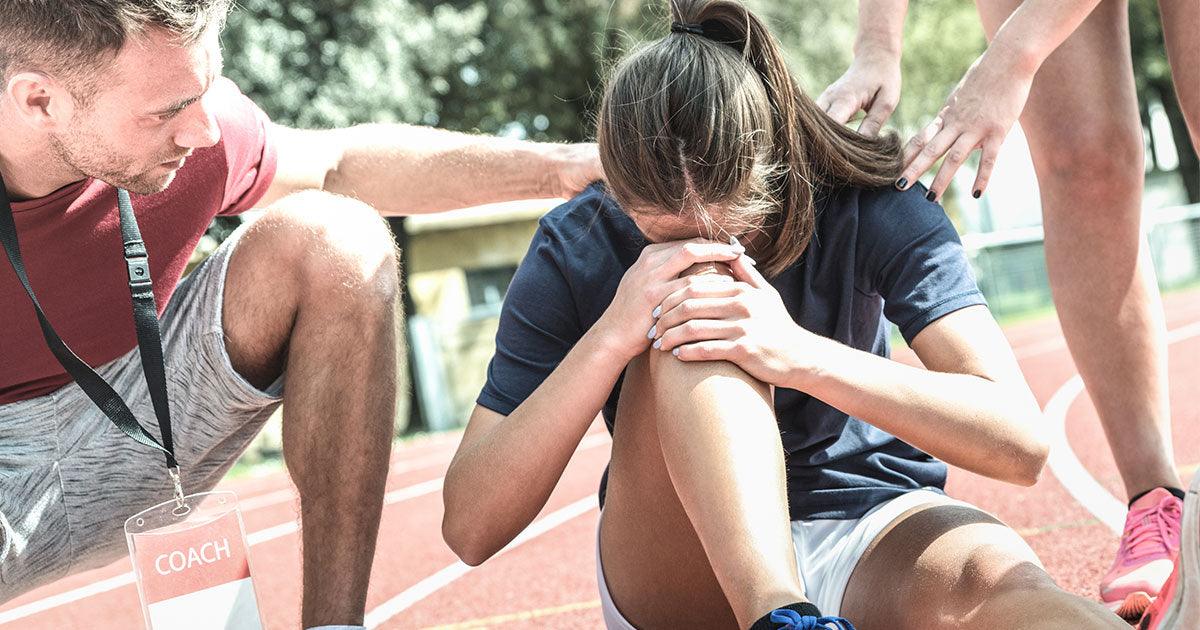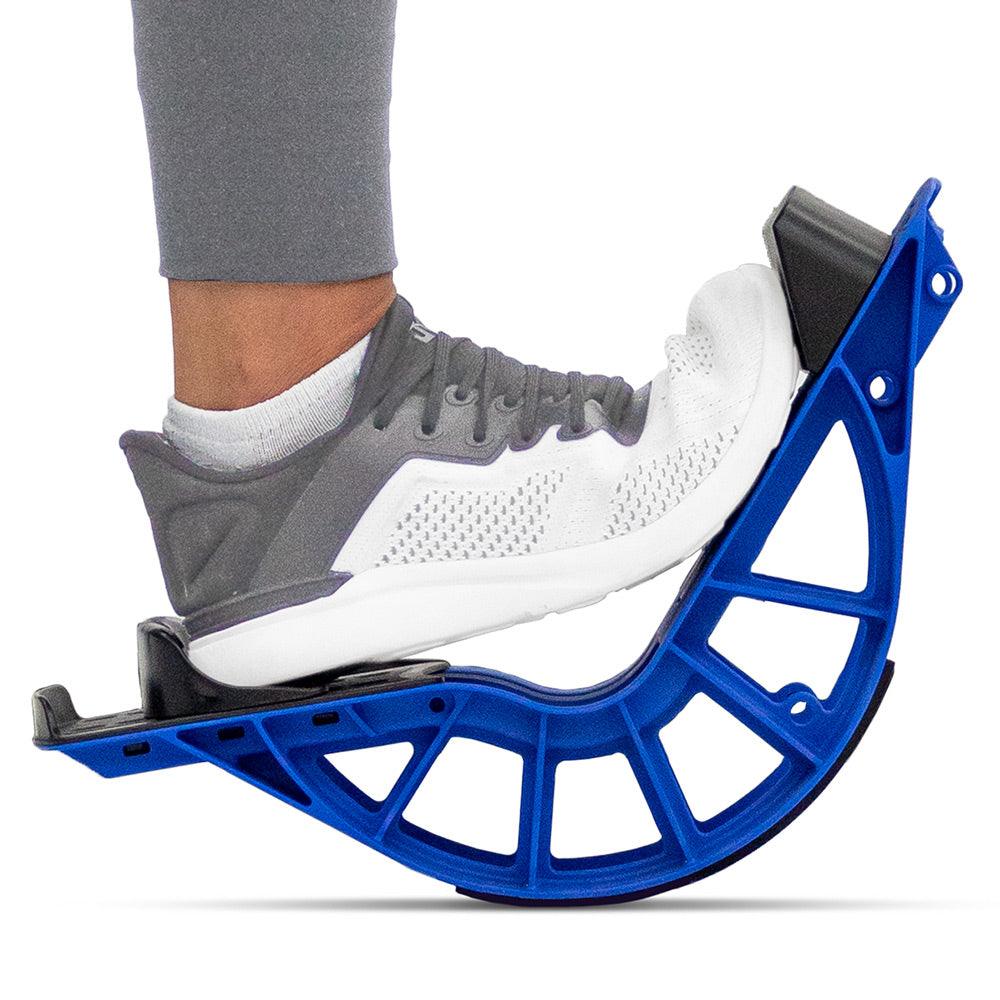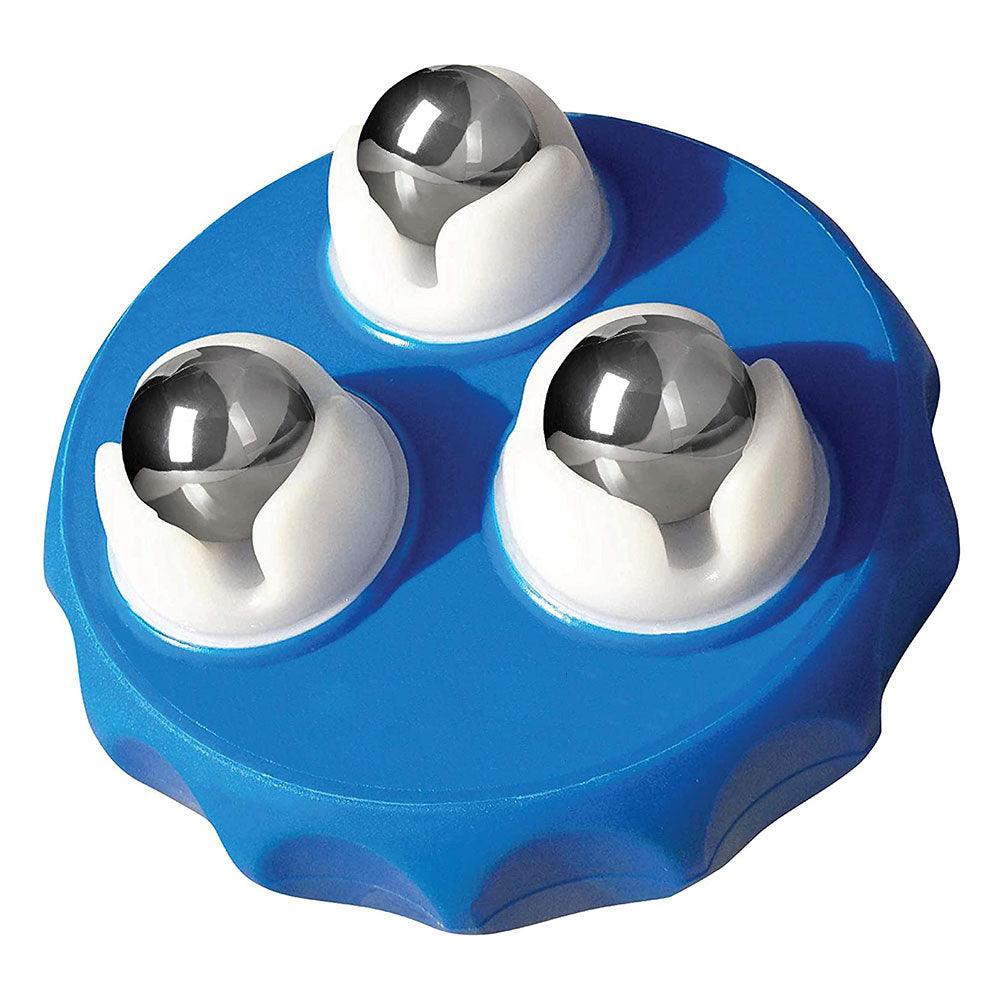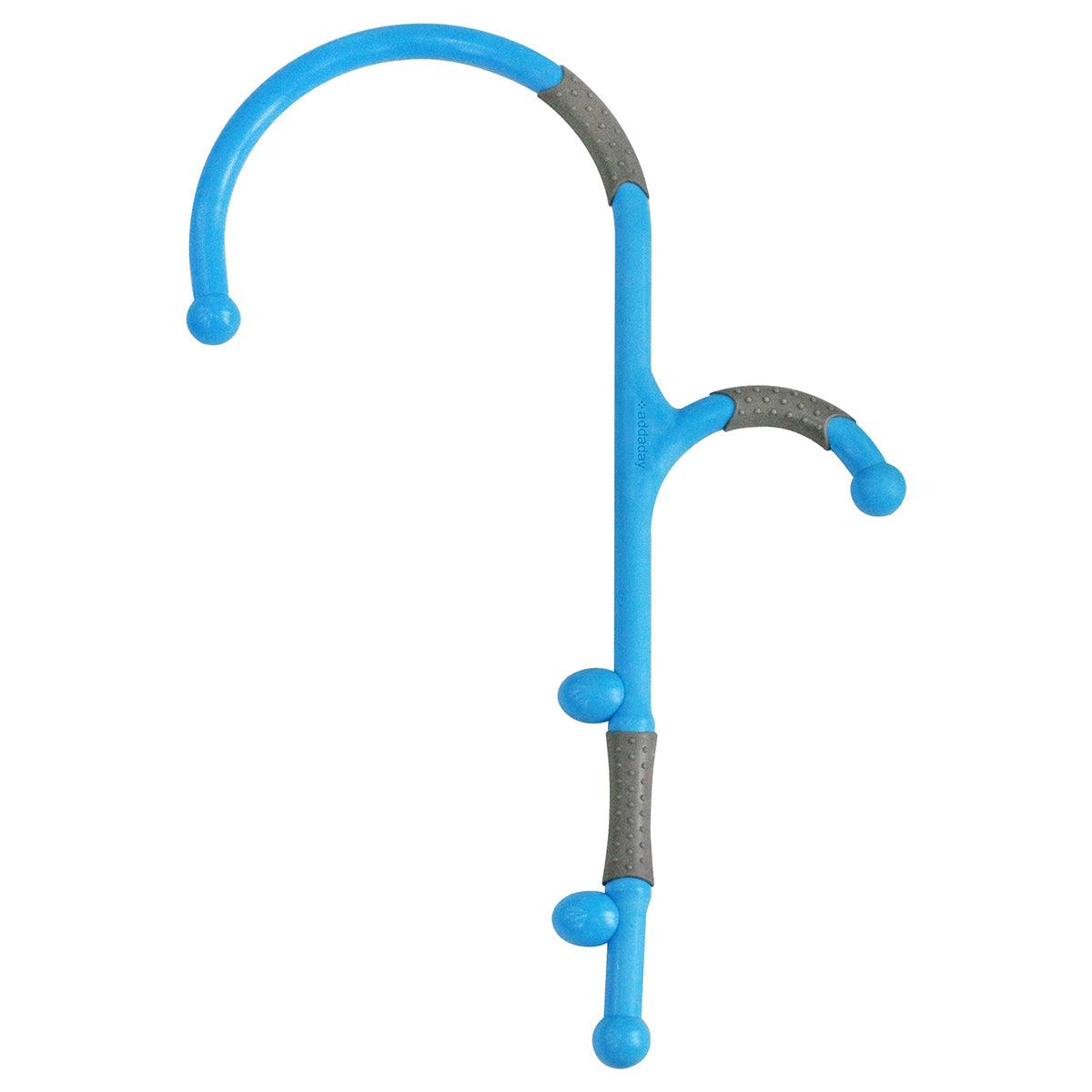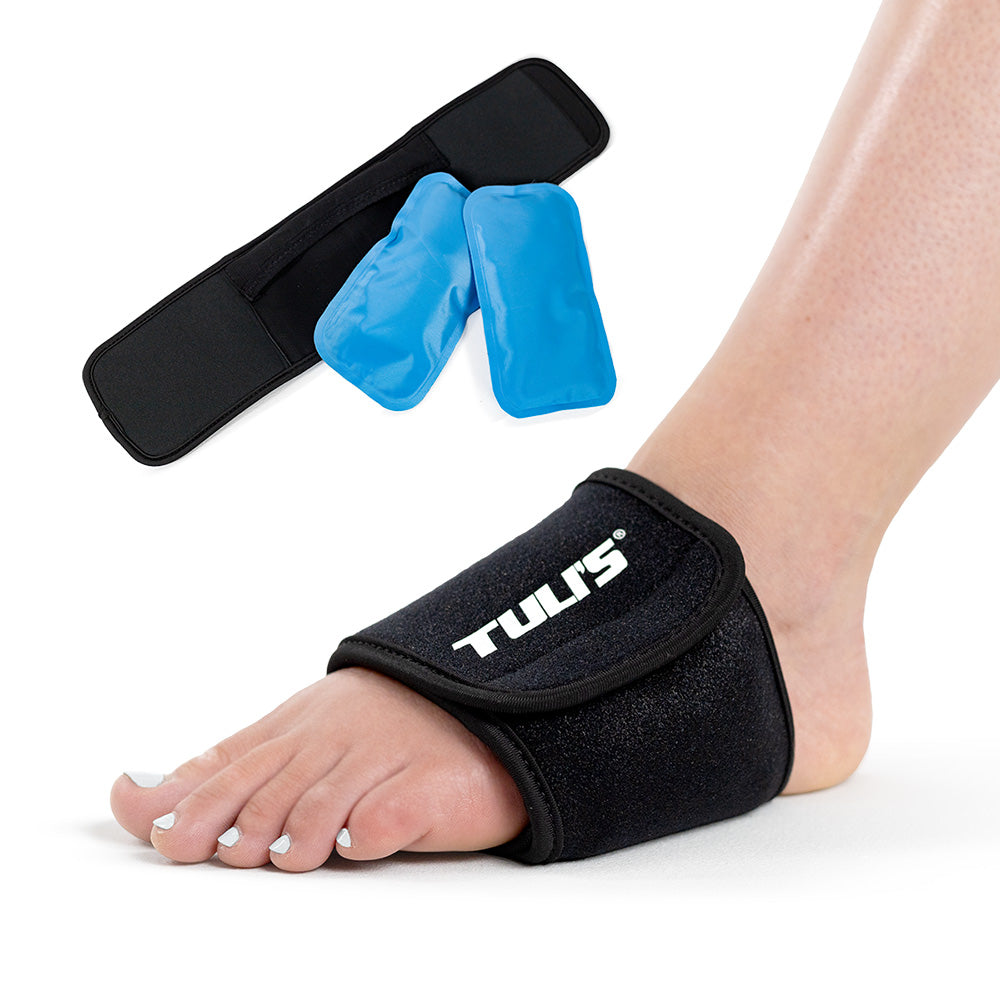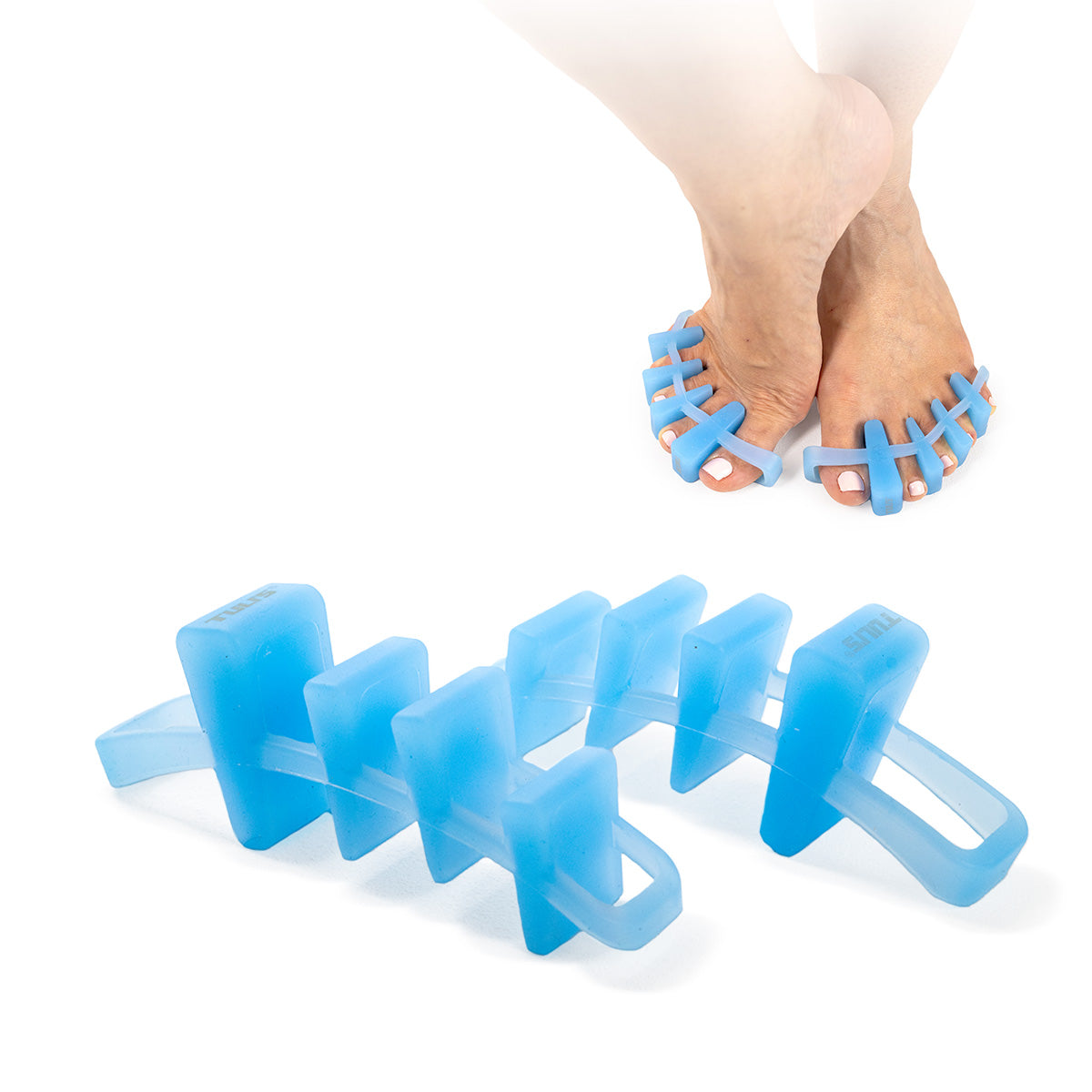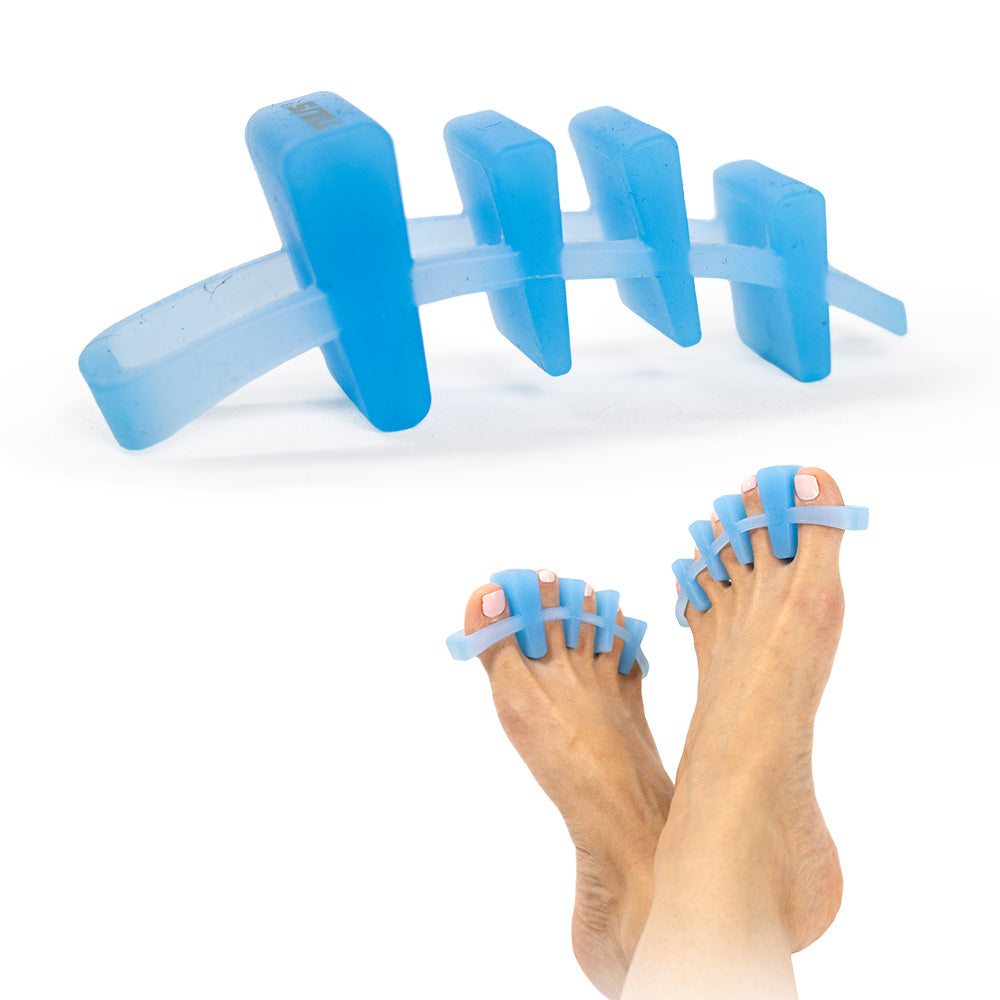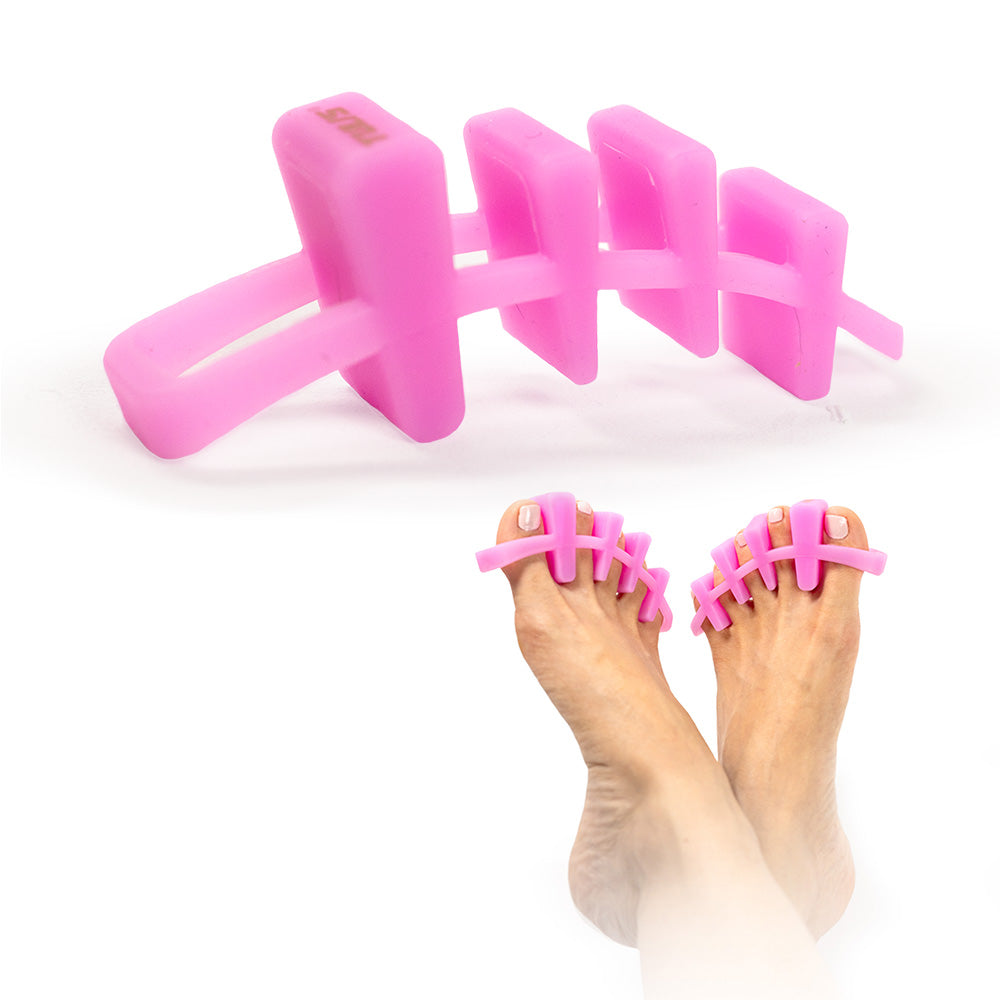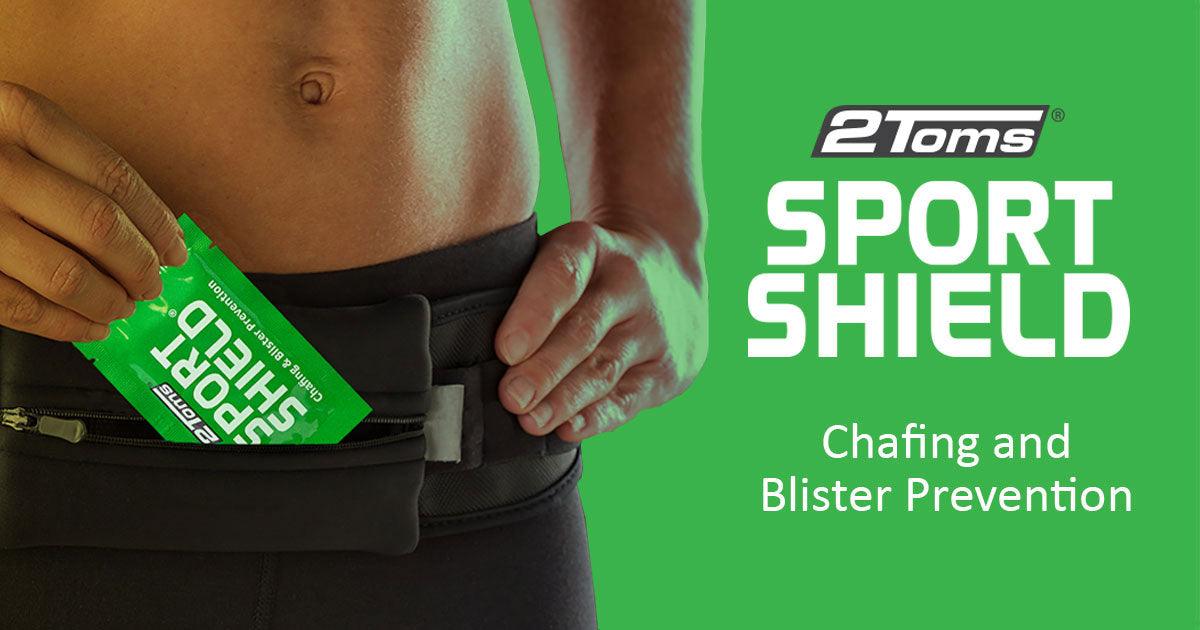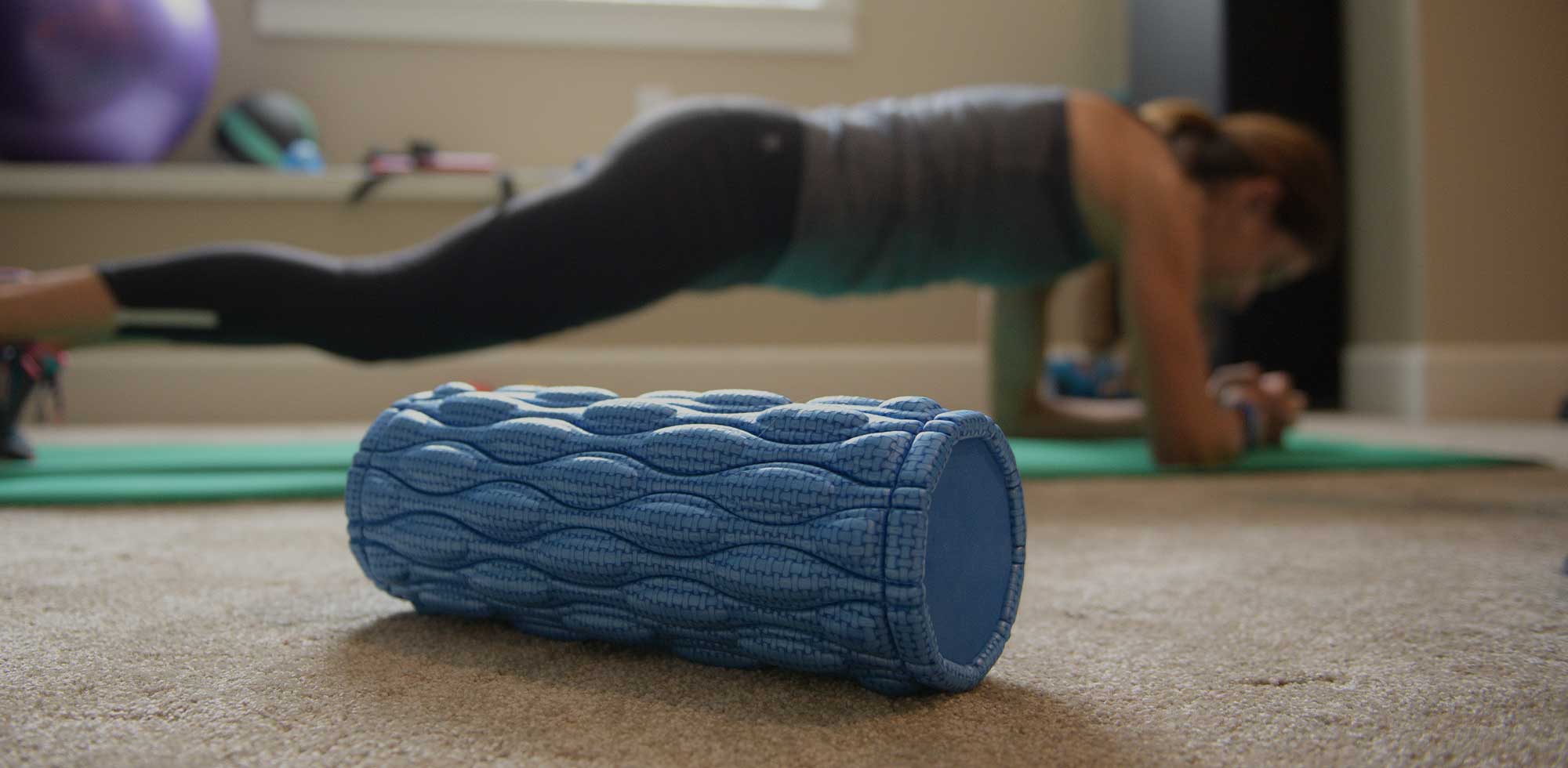By Carrie Jackson, CMPC, co-author of Rebound: Train Your Mind to Bounce Back Stronger from Sports Injuries and co-host, The Injured Athletes Club podcast
If you’re fortunate enough to call yourself an athlete, it’s likely that at some point, you’ll get hurt. While we have a tendency to view injury and recovery as mainly physical processes, there are also many psychological effects of injuries on athletes.
When I teach graduate courses on the psychology of sport injury, I’ll ask students to write down all the different emotions injured athletes might go through. Especially at first, most of the feelings named are negative—injury depression, fear, and isolation, among others. After a while, someone might mention a positive, such as hope.
Usually, the downsides people name outnumber the positive feelings by about three to one. That’s often the way athletes experience injury as well. Negative emotions linked to injury typically fall into four main categories: sadness, anxiety and fear, guilt, or anger and blame. You can feel all of these at different times, or sometimes many of them at the same time.
I always reassure athletes that this roller-coaster ride is completely normal. If your sport is something you cherish and enjoy—an activity that brings meaning to your life—you can expect low moods when you can’t train or compete. Instead of thinking there’s something wrong with you when you feel anger or depression after injury, you can view it as a sign of how much you care.
While it’s true that negative emotions are normal after an injury, you don’t have to get stuck in them. Just as you visit a physical therapist and do rehab exercises for your physical recovery, you can work on your own or with a professional to promote your mental recovery. The first step is recognizing how you’re feeling. From there, you can take active steps to move through these emotions and lean into the potential upsides of injury, including feelings like joy, courage, and pride.
Psychological Effect of Injury: Anger and Blame
The onset of injury often brings with it feelings of disbelief or denial, followed swiftly by anger. Depending on the circumstances of your injury, you might feel upset at anyone you think is involved, be it another player, a coach, or an official. You might also be angry at yourself, blaming your own actions or reactions.
At times, your fury may also fixate on your medical team—perhaps they’ve misdiagnosed you or dismissed your pain. It’s also normal to feel anger at the people closest to you, including family and friends. Even those who are trying hard to support you may not be able to step up in exactly the ways you need or expect, creating irritation and tension.
Psychological Effect of Injury: Sadness
Depression after injury is common for many reasons. If your injury prevents you from training and competing, you’re likely experiencing the grief of missing your sport. In addition, you may be feeling the loss of what psychologists call your athletic identity. You may wonder: Who am I, if I can’t do the sport that I love?
If you belong to a team or work out with training partners, you’re probably feeling disconnected from your community. Often, those people represent more than a team—they’re your friends, your tribe, your support system. When you can no longer participate in the same way, you might find it too painful to be around them, a feeling that can increase athlete injury depression and guilt even more.
Finally, if you were preparing for a specific event, competition, or other opportunity, you may feel you’re missing out on that experience. In some cases—such as national championships or the Olympics—you may feel like you’re losing the only chance you had to reach that level.
Psychological Effect of Injury: Fear and Anxiety
Of course, depression in athletes probably isn’t the only negative emotion you’ll experience. Many injured athletes also feel anxious and afraid. When you’re hurt, you might worry:
- Am I going to be the same athlete I was before I got injured?
- Is my body ready for this?
- Is this pain that’s OK to push through?
- Will I get hurt again?
- Is my starting position, sponsorship, scholarship, or place on the team in danger?
- Will my coach or teammates think I’m weak, or that I’m not working hard enough?
Just like feelings of sadness and depression from injury, these concerns are completely normal and affect many athletes.
Psychological Effect of Injury: Guilt
Injury can also result in feelings of guilt and shame. You might feel like you’re letting your team or coach down because you can’t train and compete the way you’d hoped.
If you’re like many athletes, you’ve invested a lot of time and money on training for your sport—resources you may sometimes feel you would have otherwise given to your family or other pursuits. Getting injured doing something you perceive as selfish can add a layer of regret on top of an already painful situation.
Finally, athletes who have been pushing hard or feeling performance anxiety might feel a bit of relief that their injury is now allowing them some downtime. That sensation is often quickly followed by a surge of guilt and shame at the thought that they might enjoy a break.
Seeking Support for Mental Health
A sport psychologist or certified mental performance consultant (CMPC) can offer support anytime on the psychology of injury. If negative emotions are interfering with your normal daily activities, it’s imperative that you seek help from a mental health professional.
Other red flags you have injury depression that needs treatment include:
- Withdrawal from social contact
- Changes in sleeping and eating habits
- Decreased interest in other activities
- Problems concentrating, focusing, or remembering
- Deliberate self-harm
- Irritability
- Drug and alcohol abuse
- Thinking about death, dying, or going away. If you find yourself contemplating suicide, call the National Suicide Prevention Lifeline at 1-800-273-8255, or chat live, online, 24/7 at org in the United States.
Psychological Effect of Injury: Resilience
From the low of sports injury depression, the experience of getting hurt can also carry you to new heights—provided you have the right support and stay open to the opportunity of a new perspective. Athletes have reported a wide range of positive emotions in response to injury as well, including hope, excitement, and the joy of returning to something you love after a break.
Through challenges and struggle, athletes are uniquely well suited to thrive, and the resulting recovery can bring a sense of courage, bravery, and pride. The strength you gain by enduring a tough time can teach you how strong you truly are.
When my co-author Cindy Kuzma and I talked with more than 40 athletes for our book Rebound: Train Your Mind to Bounce Back Stronger from Sports Injuries, nearly all of them reported a greater sense of meaning and gratitude following their injuries. Their pain and setbacks were difficult, and nothing they’d want to go through again. But nearly all of them said they wouldn’t trade their experiences—that they were proud of the athletes, and the people, they became on the other side.
By Carrie Jackson, CMPC, co-author of Rebound: Train Your Mind to Bounce Back Stronger from Sports Injuries and co-host, The Injured Athletes Club podcast




